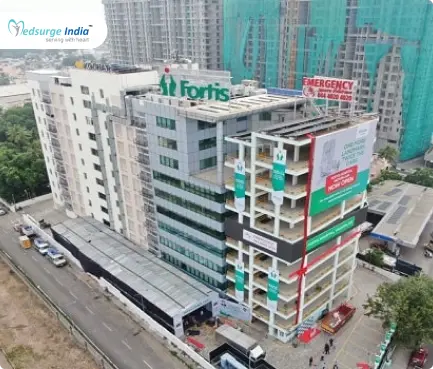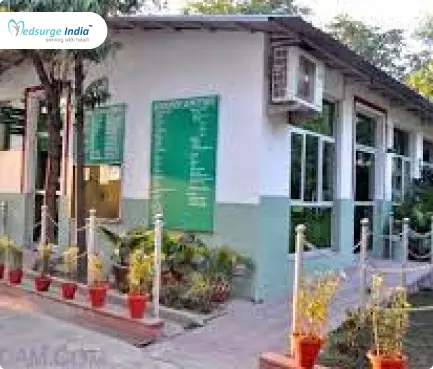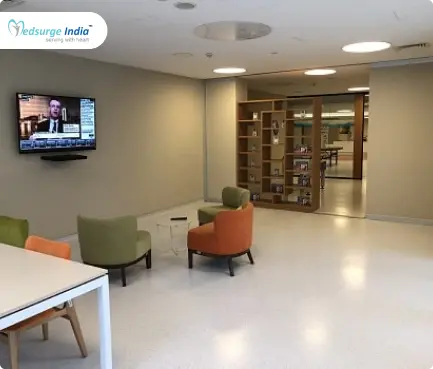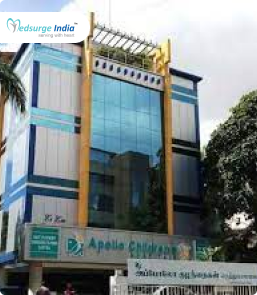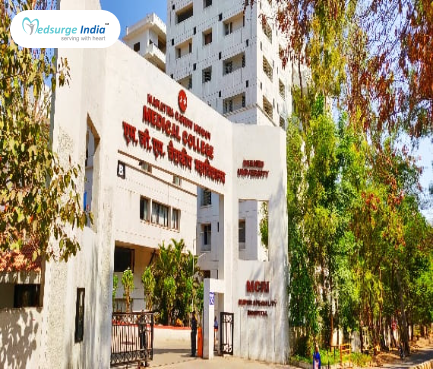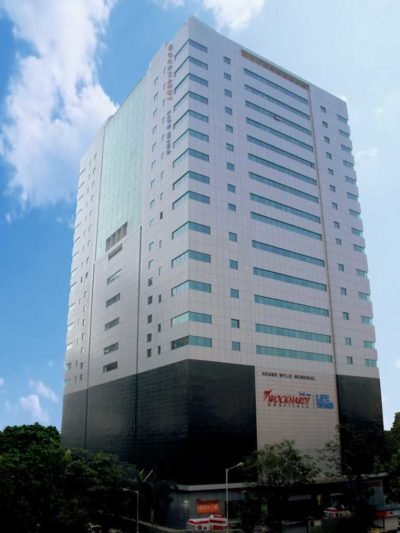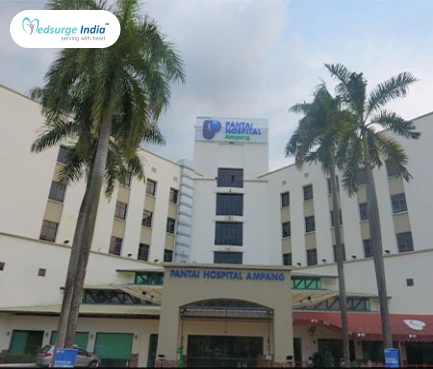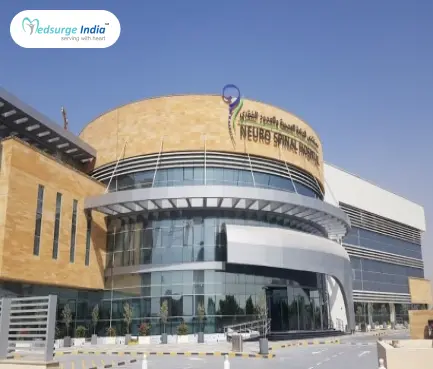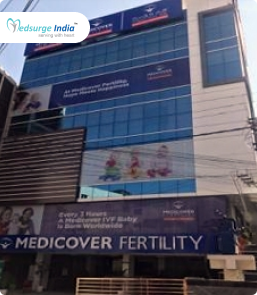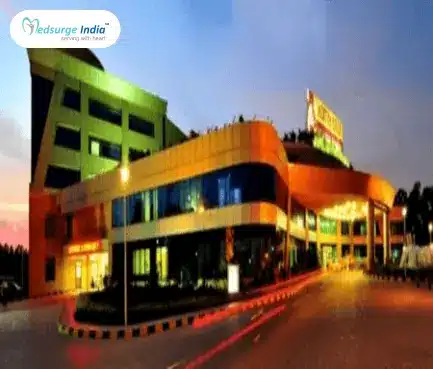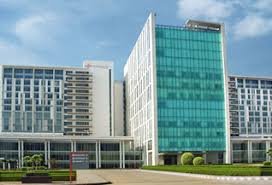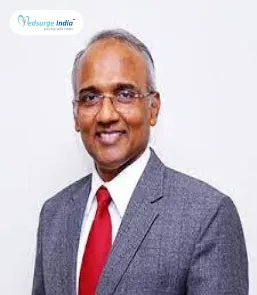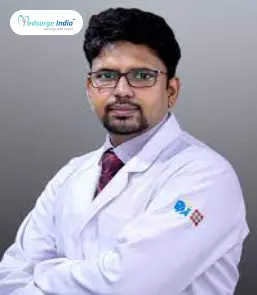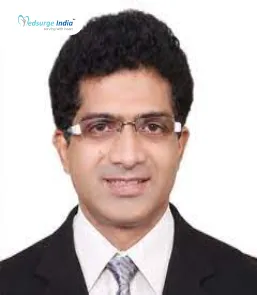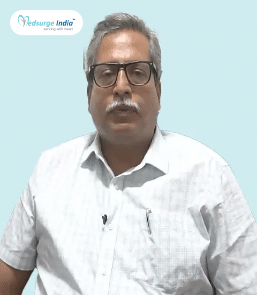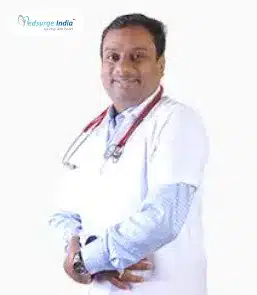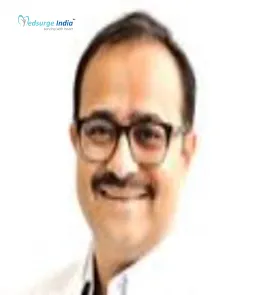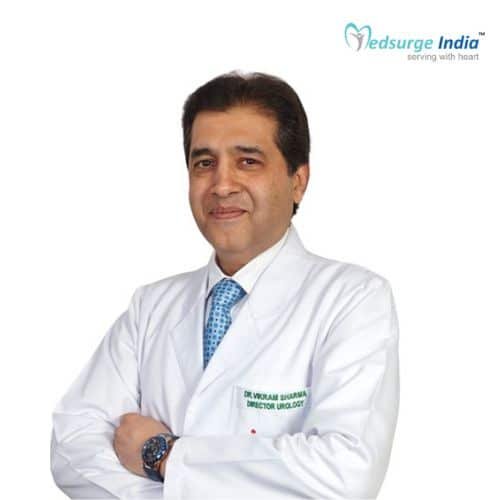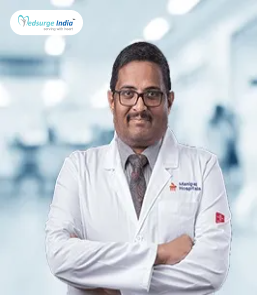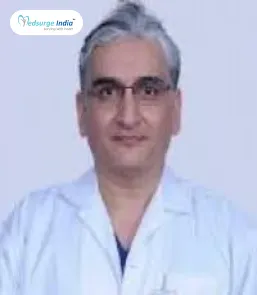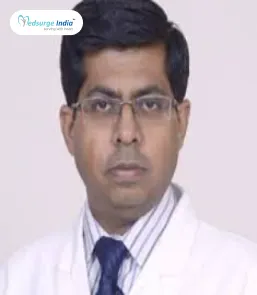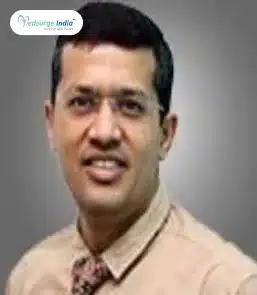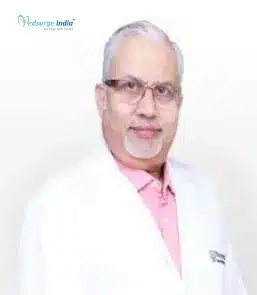
What is Testosterone Replacement Therapy?
TRT stands for testosterone replacement therapy, which is also referred to as androgen replacement therapy. Low testosterone (T) levels can occur with age or as a result of a medical issue, and it’s mostly utilised to treat them.
However, it’s becoming increasingly popular for non-medical applications, such as:
- Increasing sexual potency
- Increasing your energy levels
- Gaining muscle mass for bodybuilding
Only if you’ve been diagnosed with hypogonadism is Testosterone Replacement Therapy recommended.
Prescription testosterone aids in the restoration of testosterone levels in the blood, curing the symptoms of low testosterone. It may increase alertness, sexual function, vitality, mood, and overall well-being in those who use it.
What is Testosterone?
Testosterone is responsible for men’s distinctive traits, such as deep voices, body and facial hair, massive muscles, sperm production, and intense desire. It is also known to improve bone strength and density, as well as heart health.
Men’s testosterone levels, on the other hand, begin to fall as they become older. Low testosterone levels were found in 20 % over 60 years old, 30% of men over 70 years old, and 50 % of men over 80 years old, according to a study.
It’s critical for older men to figure out whether a low testosterone level is due to normal ageing or disease (hypogonadism).
Hypogonadism is a condition in which the testicles or the pituitary gland, which controls the testicles, are unable to produce adequate amounts of testosterone. Testosterone replacement therapy, which can come in the form of injections, pellets, patches, or gels, can help these men with their low testosterone symptoms.
Low testosterone levels might have long-term consequences for the body. Erectile dysfunction, decreased sex drive, sleepiness and exhaustion, and weaker bones are all potential side effects (which may translate to a condition called osteoporosis).
Testosterone Replacement Therapy Cost in India
The average Testosterone Replacement Therapy Cost in India starts from USD 1600. India is known to offer more affordable prices for testosterone replacement therapy and is a country with some of the best medical facilities as compared with other well round countries.
Testosterone Replacement Therapy Cost in Different Parts of India
| Cities | Starting Price |
| Delhi | USD 1600 |
| Gurgaon | USD 1600 |
| Noida | USD 1600 |
| Mumbai | USD 1700 |
| Hyderabad | USD 1600 |
| Chennai | USD 1600 |
| Kolkata | USD 1600 |
| Bangalore | USD 1800 |
Please keep in mind that prices of Testosterone Replacement Therapy Cost in India will vary depending on the various factors.
Factors That Can Affect Testosterone Replacement Therapy Cost in India
The following here are some variables that can affect Testosterone Replacement Therapy Cost in India:
- Medication costs.
- Duration of treatment.
- Geographical location.
- Hospitalization expenses.
- Government policies and subsidies.
- Medical tourism packages.
- Hospital reputation and infrastructure.
- The expertise and experience of medical professionals.
- The type and frequency of diagnostic procedures.
- The choice of treatment modality.
Even after eliminating the cost of hotel, meals, and transportation, the caliber and grade of medical care and amenities are on par with that of the world’s most renowned healthcare centers. Patients can receive the lowest Testosterone Replacement Therapy Cost in India from Medsurge India.
What Medical Conditions Can Cause Low Testosterone in Men?
During adolescence and early adulthood, testosterone levels are typically at their greatest. With ageing, typically beyond 30, testosterone levels fall by around 1 percent every year. It is necessary to get medical advice to determine the true cause.
Here are some of the possible causes of low testosterone levels:
Primary Hypogonadism
It’s a condition in which the body can’t create enough testosterone due to an issue with the testicles or the pituitary gland, which controls them. This can be caused by a variety of factors, including:
- Undescended testicles
- Hemochromatosis
- Physical injury to the testicles
- Cancer treatment
Secondary Hypogonadism
When there is an injury to the pituitary gland or the hypothalamus, one may develop secondary hypogonadism. Damage to these areas of the brain, which control hormone production by the testes, may result in reduced testosterone production. Caused by following factors, including:
- Pituitary disorders
- Inflammatory diseases
- HIV/AIDS
- Normal Ageing
- Obesity
- Medications
- Concurrent illness
Get Free Cost Estimation
Procedure
How TRT is Done?
Testosterone Replacement Therapy may only be obtained through a doctor’s prescription. A doctor will only write a prescription after obtaining a full medical history and doing physical and lab testing if a patient has symptoms that are consistent with low testosterone levels.
TRT can be given in a variety of ways, which your doctor will suggest based on your lifestyle and medical needs. Methods of Testosterone Replacement Therapy include:
- Oral medications
- Intramuscular injections
- Topical creams
- Transdermal patches (Cheeks or buccal)
- Testosterone implants or pellets
- Intranasal
Testosterone Replacement Therapy is used to treat hypogonadism, a condition in which your testes (also known as gonads) don’t produce enough testosterone.
Consult your doctor for further information on each of these procedures and to determine which one is best for you.
Benefits of Testosterone Replacement Therapy
Men with low testosterone levels benefit the most from testosterone replacement therapy.TRT substitutes for the lack of Testosterone produced by your testes. The following are some of the benefits of testosterone replacement therapy:
- Enhance your sexual performance
- Increase the volume and count of your sperm
- Other hormones that interact with T, such as prolactin, are increased
TRT can also assist in balancing abnormal T levels caused by:
- Autoimmune diseases
- Genetic disorders
- Infections that harm your sex organs testicles that haven’t descended
- For cancer genital organ transplants
- For cancer genital organ transplants
Suggestion
- TRT is a popular treatment for low testosterone, but it isn’t appropriate for everyone.
- TRT is only available with a prescription and proper guidance from a doctor.
- TRT is usually used throughout the rest of one’s life. A person’s response to TRT will be monitored by their doctor on a continuous basis once they begin it. People should get their blood testosterone levels checked at least once every 6–12 months.
The Most Important Frequently Asked Questions
Q: How Do I Get My Doctor to Prescribe Testosterone?
A: Make an appointment with your health care physician or consult a urologist who specializes in male sex organs. If you’re having trouble conceiving, consult a reproductive endocrinologist. Hormone abnormalities in both men and women are treated.
Q: Does Coffee Increase Testosterone?
A: Caffeinated coffee drinking raised total testosterone while decreasing total and free estradiol in men. Decaffeinated coffee reduced total and free testosterone in women, but caffeinated coffee reduced total testosterone.
Q: What Are the Negative Side Effects of Testosterone Therapy?
A: Testosterone therapy causes a number of side effects, including:
- Sleep apnea is getting worse, which is a potentially dangerous sleeping disorder in which breathing stops and begins repeatedly.
- Acne or other skin responses are the result of this.
- Stimulating non-cancerous prostate development (benign prostatic hyperplasia) as well as the progression of prostate cancer.
Q: Does Ashwagandha Increase Testosterone?
A: Ashwagandha is the herb with the most research behind it. One study evaluated the effects of this plant on infertile men and found a 17 % increase in testosterone levels and a 167 % increase in sperm count ( 76 ). Ashwagandha boosted testosterone levels by 15% in healthy men.
Q: What Should Be Monitored with Testosterone Therapy?
A: Testosterone levels, full blood counts to determine hematocrit, and prostate-specific antigen tests should all be done on men getting testosterone therapy on a frequent basis to check for side effects and treatment success.
Top Hospitals for Testosterone Replacement Therapy in India
Top Doctors for Urology Treatment
Dr. Rajeev Sood
Director
Experience: 37 years of experience
Marengo Asia Hospitals, Faridabad
Faridabad, Haryana
Dr. Adittya K Sharma
Senior Consultant
Experience: 15 years of experience
Apollo Medics Super Speciality Hospital, Lucknow
Lucknow, India
Dr. Shilpi Tiwari
Consultant
Experience: 26 years of experience
Millennium Cancer Center, Gurgaon
Gurgaon, India
Dr. Satyadip Mukherjee
Senior Consultant
Experience: 9+ years of experience
NH Rabindranath Tagore International Institute of Cardiac Sciences, Kolkata
Kolkata, India
Dr. Nikhil Khattar
Associate Director
Experience: 17 years of experience
Medanta – The Medicity, Gurgaon
Gurgaon, India
Dr. Uday Bhaskar
Consultant
Experience: 16 years of experience
Sparsh Super Speciality Hospital, Infantry Road
Bangalore, India
Dr. Madhav Sanzgiri
Senior Consultant
Experience: 31+ years of experience
Manipal Hospital, Panaji, North Goa
North Goa, India
Dr. Ajit Sawant
Consultant
Experience: 16 years of experience
Dr. L H Hiranandani Hospital, Mumbai
Mumbai, India
Dr. Karrthik Krishnamurthy
Consultant
Experience: 19 Years of Experience
Dr.Karrthik Clinic
Pallavaram, Chennai
Dr. Sachin Pahade
Consultant
Experience: 15 years of experience
Nanavati Super Specialty Hospital Mumbai
Mumbai, India
Dr. Alakesh Burman
Senior Consultant
Experience: 14+ years of experience
Narayana Superspeciality Hospital, Amingaon, Guwahati
Guwahati, India
Dr. Gursev Sandlas
Consultant
Experience: 14 years of experience
Kokilaben Dhirubhai Ambani Hospital Mumbai
Mumbai, India
Dr. Pawan Kesarwani
Consultant
Experience: 17 years of experience
Max Super Speciality Hospital, Patparganj, New Delhi
New Delhi, India
Dr. Sanjay Nabar
HOD
Experience: 32 years of experience
Nanavati Super Specialty Hospital Mumbai
Mumbai, India
Dr. Anandan N
Consultant
Experience: 42 years of experience
Kauvery Hospital Formely Fortis Hospital, Vadapalani
Chennai, India


